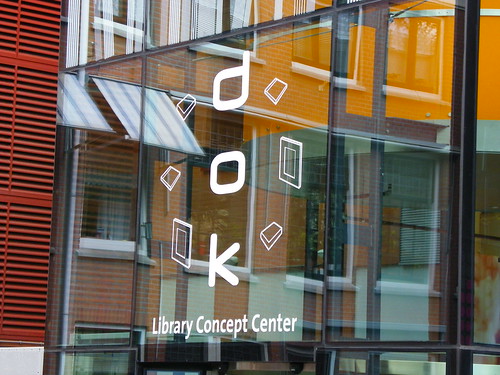JESS3 / The State of The Internet from JESS3 on Vimeo.http://vimeo.com/9641036
Before I start with Web 2.0, I will first look at Web 1.0, as we know it: World Wide Web. The WWW emerged in 1991 up and till 2000.
Some of the characteristics include:
- The inventors of the WWW wanted to incorporate hyper textual interactivity. This was "greatly theorised, but slow to emerge"
- The WWW was really clunky with static homepages. The websites could only be accessed or be created by web designers. In other words, the WWW was not use-friendly or written for everyone to use effectively and efficiently
- So, only the designers could change the hypertext. This means when you apply for a website, you had to wait until the product was ready for you. You could not go and change things the way you wanted it to be.
- The WWW was more focused at read-only instead of the read-write dream.
- There was also the dream of 'cyberspace', matched with the reality of Dial-up speeds.
- WWW became known as Web 1.0. (Retronym)
- It is a social software with micro formats and technical terms
- It is Data driven
- Users can create their own Wikis, blogs, and media
- There is standardization
- Web 2.0 is about compensation, readers can interact with each other
- There are many user-friendly tools such as, flickr, wikis ajax
- Videos and content can easily be shared
- The tools on Web 2.0 ensure that users can participate in full
Web 1.0 Web 2.0
- Mp3.com Napster
- Personal websites Blogging
- Britannica Online Wikipedia
- Publishing Participation
- Content management systems Wikis
- Directories (Taxonomy) Tagging (Folksonomy)
Reference
O, Reilly, T. (2009). What is Web 2.0? Design patterns and business models for the next generation of software. Retrieved from http://oreilly.com/web2/archive/what-is-web-20.html?page=1































